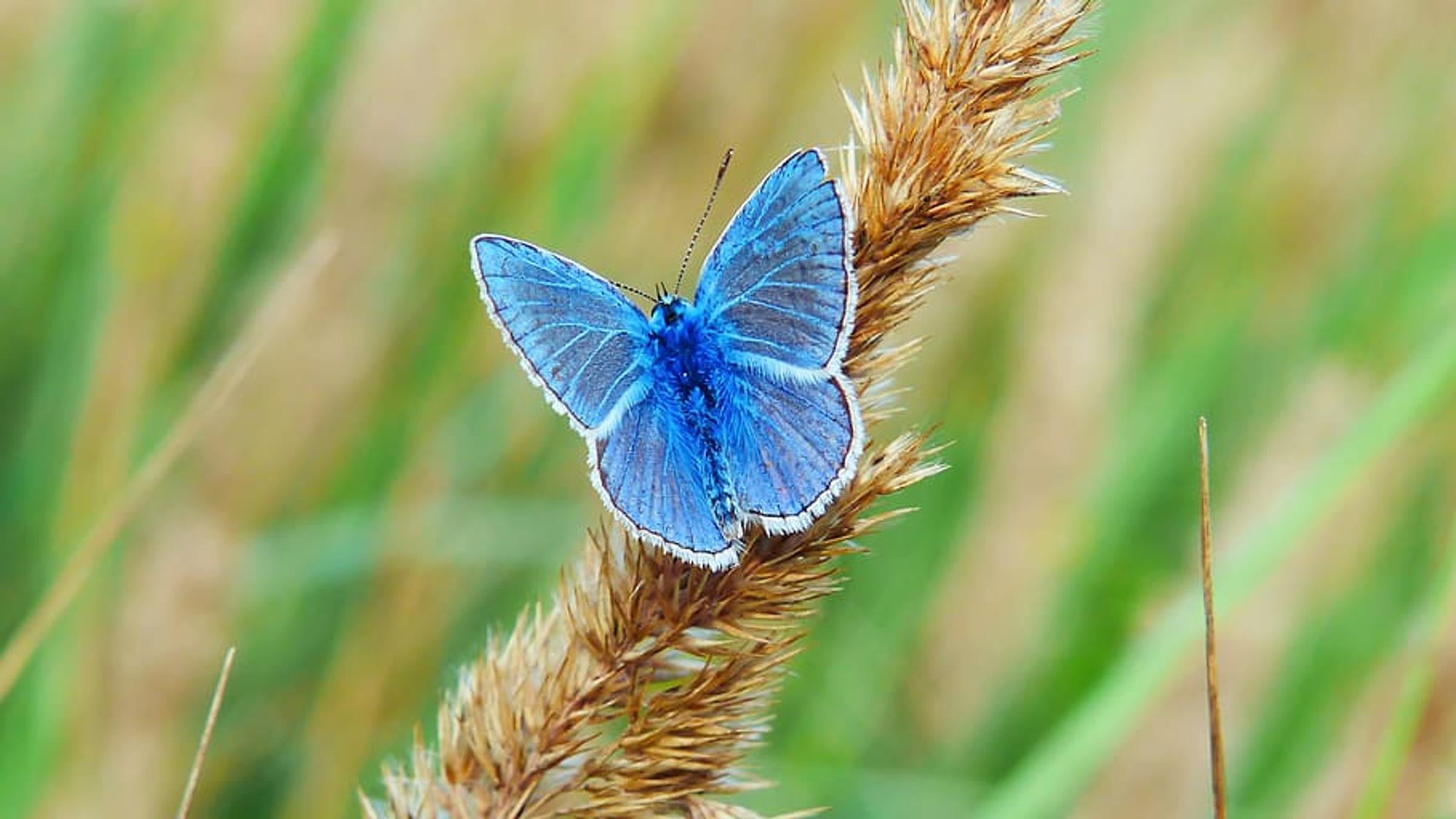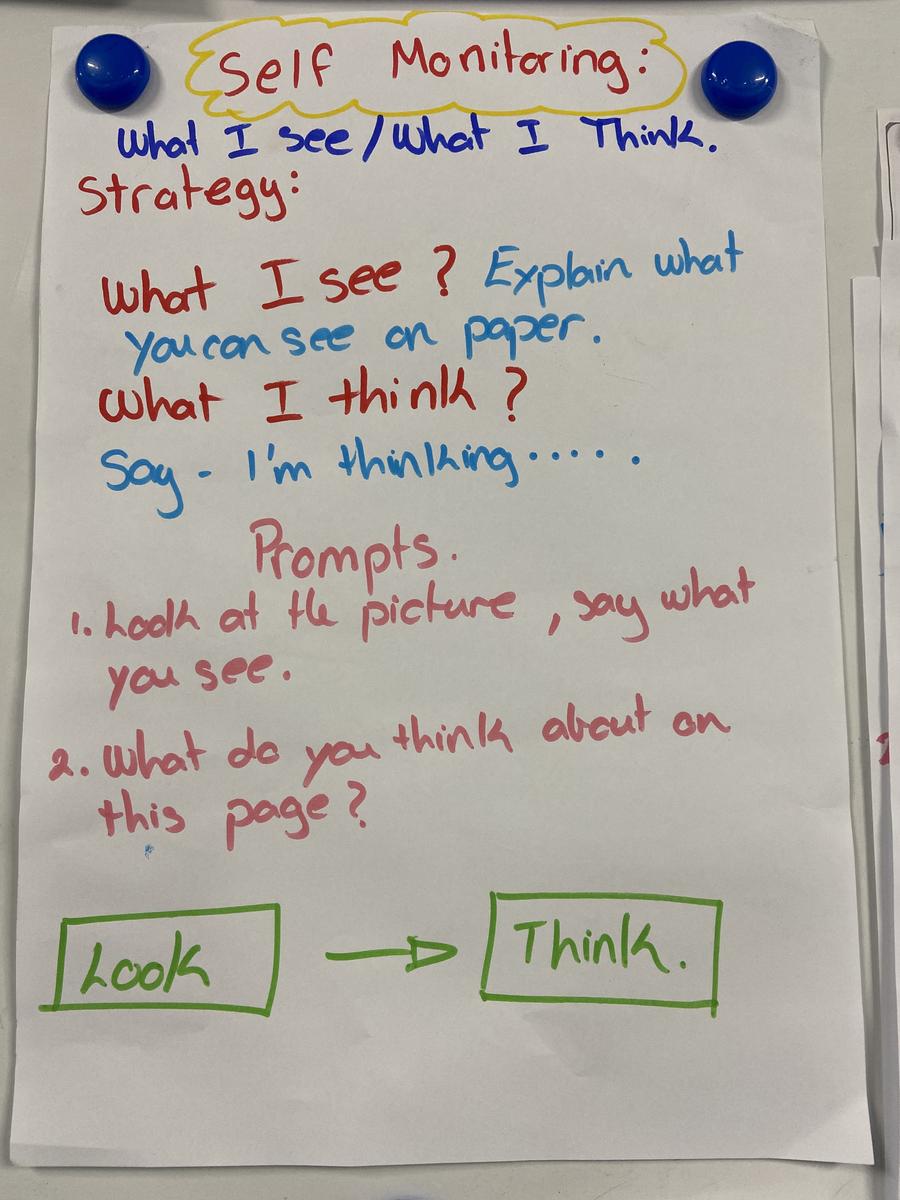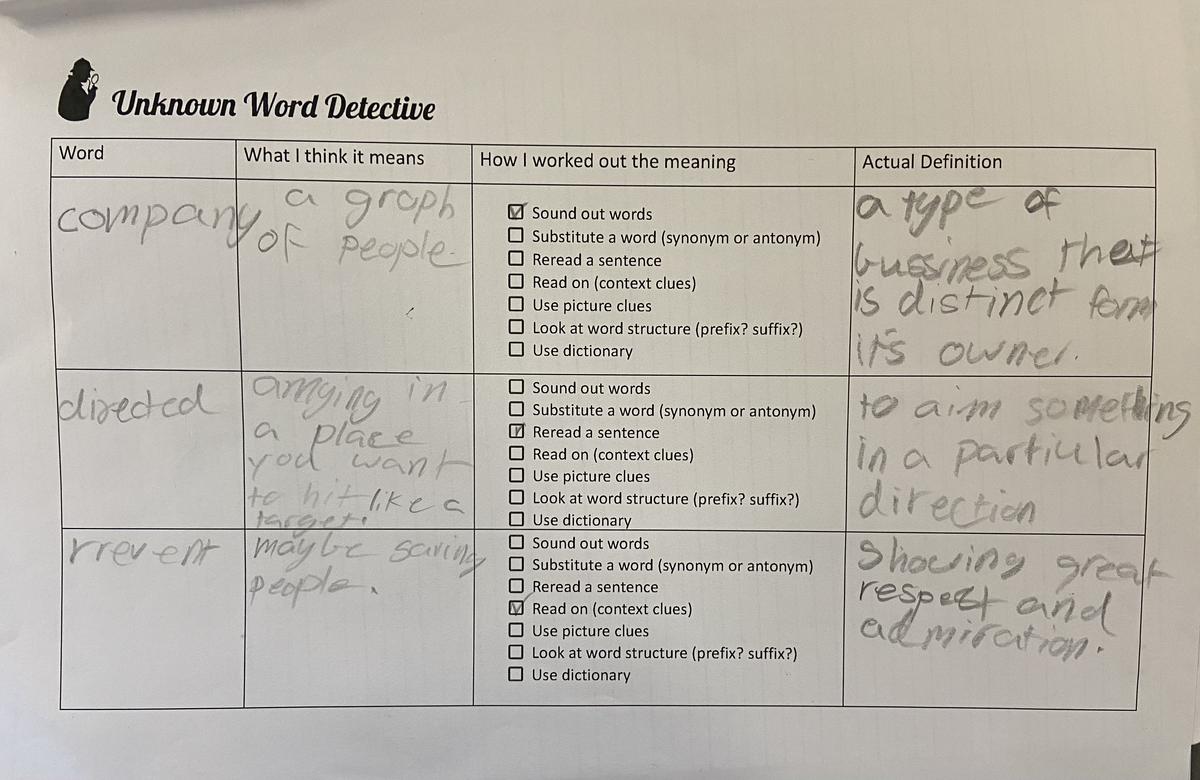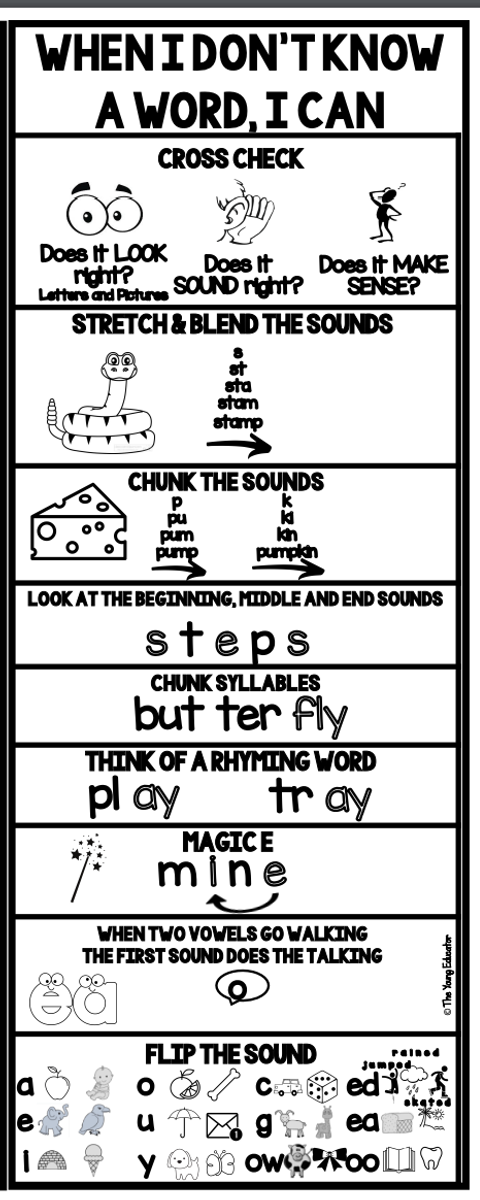Icarus Community Report
Issue 6, October 2022

Icarus Community Report
Issue 6, October 2022
Welcome to the Icarus Community
Welcome back to school to all students in the Icarus Community! We hope you had a relaxing break and we have loved hearing about all the exciting things that the students have been up to over the school holidays. Term 4 is going to be a very busy and we are looking forward to sharing our learning with you throughout the term.
We would also like to take this opportunity to welcome Britt to the Icarus team. Britt will be teaching in 34E and we looking forward to working with her this term.
Reading
Icarus students were focusing on honing their reading skills through monitoring, self-correcting and solving unfamiliar words.
When monitoring their reading and self-correcting, students aimed to continuously ask themselves questions such as “Do I understand what I am reading?” and “Does this makes sense?”. They used a handy checklist to practice monitoring, identifying what they understood or did not understand, what they enjoyed or found interesting/surprising about the text they were reading. Students learned to pause, back up and re-read, then self-correct, when attempting to regain understanding of what they read.
Solving words is one of the most essential skills that all good readers use to understand what they are reading. Without comprehending the unknown words, readers cannot be expected to entirely understand the texts that they read. The community has been working on the following strategies to solve unknown words:
After using context clues to figure out the meaning of the unfamiliar words, students also used physical and online dictionaries to look up the definitions.












Writing
During Writing, Icarus students were learning how to retell a series of events.
They were familiarised with recounts of the past and present. We compared how writing letters in the past is similar and different to composing emails and making posts on social media websites. Icarus students have also discussed their preferences to different types of recounts.
The Icarus community was also challenged to write a recount of an episode from “Round the Twist”, an Australian children’s comedy series. This was followed by students planning and writing a recount about an important event in their life.






Numeracy
In Numeracy, students have continued to work hard during our numeracy sessions. During these sessions they have been learning all about statistics and probability as well as exploring data.
Probability: To begin Term 4, students have learnt about statistics and probability. They have learnt that probability is the measure of the likelihood of an event to happen. It measures the certainty of the event and were able to provide examples of the likelihood of events happening using fractions, decimals and percentages. Additionally, they learnt how to conduct chance experiments, identify and describe possible outcomes and recognise variation in results.
Check out some of the great work completed during our Probability unit!






Data: The Icarus community have also been learning about data. Students have explored how to collect, organise and create displays using lists, tables and a variety of graphs. They have shown their understanding by creating their own surveys and displaying their data using different types of graphs. Students then learnt how to interpret and compare data displays.










Social and Emotional Learning (SEL)
This term, in SEL students will be learning about gender and identity. During these sessions, students will learn to promote respect and appreciation for diversity and different. They will also learn to challenge stereotypes and to analyse the influence of gender norms on attitudes and behaviour.
Inquiry
In Term 4, students will be investigating the question ‘What does it mean to be Australian?’. Through this inquiry topic, students will learning about the history of Aboriginal and Torres Strait Islander peoples, examine European exploration and colonisation in Australia and throughout the world. They will also learn about the impact of exploration on other societies, how societies interacted with newcomers and how these experiences have contributed to their cultural diversity. Throughout the unit, student learning will be guided by the following questions:
To begin the unit, students drew pictures of what they think Craigieburn looked like in the 1970s and 1980s. They also created questions around what wonderings around the following questions:












Friendly Reminders